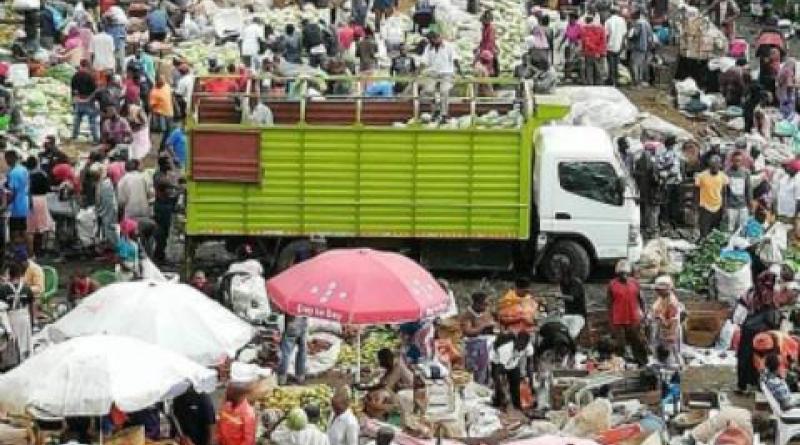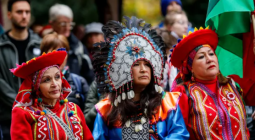Can indigenous knowledge be essential in tackling adverse effects of climate crisis in Africa?

Many methods and numerous techniques are currently under application across the world purposefully to curb the menace of negative climate variation . Perhaps the most underutilized technique in this digital era is the use of indigenous knowledge . It is the discerning and practices developed by communities with lengthened history of interaction with their natural sarrounding . Below is case studies across the massively endowed continent - AFRICA.
The Zai . This is an approach broadly used in West Africa to recover degraded land . It was first implemented by Yacouba Sawadogo from Burkina Faso ( a Laureate of 2018 Right Livelihood Award ) alias the man who stopped the desert . It involves constructing barriers to prevent water runoff allowing seepage of water into the soil thus preventing erosion . Afterwards , holes are dug and seeds of trees and cereals are planted . These trees are drought resistant and have authentic medicinal value . Primarily , this method can produce food in areas where initially nothing could be successfully planted .
Transhumance . Basically , it is the seasonal movement of livestock and people between highland pastures in summer and lowlands in winter . A lot of communities in arid areas are literally cemented with the practices . Drought resistant livestock are kept to contend with drought e.g camels which cope better than cattle . Other vibrant ideas are evidently incorporated by locals like Boran community who have traditional land management system called Dedha to help survive the changing environment . In addition , other communities are even practicing " mini" farming, that is, they grow considerable crops in favourable times to supplement their needs . This not only help reduce the adverse impact of climatic crisis ,starvation , but also help provide for the livestock thus guaranteeing livelihood .
Rotational farming . Entails growth of different crops successively on the same piece of land . It has substantially numerous advantages including management of soil and soil fertility , overseeing reduction in erosion , improving of soil's health and increase nutrients available for the crops . Consequently , this result to massive yields .
Shifting cultivation . In Africa, farmers clear a chosen piece of land and cultivate it for a short duration of time , abandon it to allow reversion to produce normal vegetation while the farmer moves to another identified piece of land . This results in significant reduction in soil- bone diseases , fast start of crops growth as well as making it easy to grow crops .
Summing it up , food security is still an issues of concern in many African countries. The world is at risk of loss of biodiversity , climate change and unsustainable development . Maybe it is time we go indigenous a bit .
By: Kevine ODONGO
Bachelor of Technology In Renewable energy
Technical University of Mombasa




